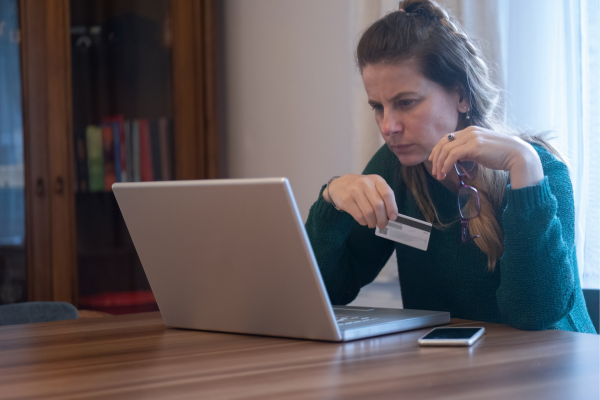Staying safe online

Protecting yourself from online scams
The convenience of the internet comes with its risks, notably online scams. At GCHA, we prioritise the safety and security of our residents, both offline and online. Here are some essential tips and best practices to help you stay secure and protect yourself from becoming a victim of online scams.
Recognise Common Scams
Online scams can appear in many forms, including phishing emails, fake websites, social media scams, etc. Common signs include:
- Requests for personal or financial information.
- Offers that seem too good to be true.
- Unsolicited attachments or links.
- Pressure to act quickly.
Verify Sources
Always verify the legitimacy of emails or messages you receive. This can be done by:
- Checking the sender’s email address for any anomalies.
- Contacting the organisation directly through official channels if you receive a suspicious request.
- Looking for official websites instead of clicking on links in emails.
Use Strong, Unique Passwords
Enhance your online security with strong passwords:
- Use a combination of letters, numbers, and symbols.
- Avoid common words or easily guessable information like birthdays.
- Use different passwords for different sites.
Keep Your Software Updated
Cybercriminals often exploit vulnerabilities in outdated software:
- Regularly update your operating system, browser, and apps.
- Enable automatic updates where possible.
Utilise Security Software
Protect your devices with comprehensive security software:
- Install antivirus and anti-malware software.
- Use firewalls to prevent unauthorised access to your network.
- Consider using VPNs when accessing public Wi-Fi.
Educate Yourself and Others
Stay informed about the latest online threats:
- Follow reputable sources for updates on new scams.
- Attend workshops or webinars on cybersecurity.
- Share information with friends and family to help them stay safe.
What to Do If You Suspect a Scam
If you encounter something suspicious, take immediate action:
- Do not provide any personal information or make payments.
- Report the scam to the relevant authorities and platforms.
- Contact your bank immediately if you believe your financial information has been compromised.
Resources for Help
For more assistance and to report online scams, you can visit the following UK-based resources:
- Action Fraud – The UK’s national reporting centre for fraud and cybercrime.
- Citizens Advice – For guidance on reporting scams and getting further help.
- Financial Conduct Authority (FCA) – Use the FCA’s ScamSmart tool to check if an investment or pension opportunity is a scam.
You can navigate the internet safely and avoid falling prey to online scams by staying vigilant and informed. At GCHA, we’re committed to helping our community stay secure in every way possible. If you or someone you know is concerned about an online scam or is aware of anyone being targeted, please get in touch with us, or talk to someone within the wellbeing service provided by Life & Progress.